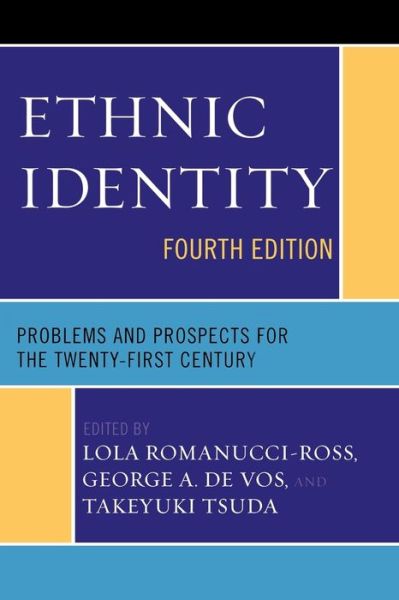An African American’s Perspective on the Korean WavePosted in Anthropology, Articles, Asian Diaspora, Media Archive, United States on 2013-07-13 23:53Z by Steven |
An African American’s Perspective on the Korean Wave
The Chosunilbo
Seoul, Korea
2013-07-09
Emanuel Pastreich, Associate Professor
Humanitas College, Kyunghee University
I received an unexpected email in February 2013, from a young woman who was studying public health at Harvard University. Mariesa Lee Ricks explained that her mother was Korean and that she had a great interest in Korean culture. Mariesa said that she hoped to find out how K-Pop and Korean social media can play a role in bringing positive messages to youth around the world.
Mariesa added that she hopes to visit Korea to carry out research. I wrote back to her telling her that I would be in Boston soon for a business trip and we agreed to meet up while I was there.
I did not recognize her at first. I was taken aback for a split second when she introduced herself because she turned out to be African American, and I had imagined a half-Korean, half-Caucasian woman who looked like my daughter Rachel. I was impressed that Mariesa did not display the slightest sense of discomfort or uncertainty in the few seconds that it took me to get over my embarrassment. She was clearly an extremely mature and composed woman with a strong sense of herself…
…That vision is linked to the critical role Mariesa’s Korean and African heritage has played in her cultural and intellectual development. Her Korean heritage was essential when she grew up in Atlanta. Her grandmother and mother maintained close ties with Korean culture and the Korean community, which was made easier by the burgeoning Korean population in the part of the city where they lived.
“My father’s family had a limited understanding of Korean culture, but fortunately my mother and grandmother were eager to introduce their culture, whether through funny stories from their childhood in Korea or through cooking kimchi jjigae (spicy Korean stew), for everyone, or teaching some Korean phrases,” she said. “So I developed an appetite to try new things and to explore new combinations of culture. That is the appeal of the Korean Wave for me.”
“Thanks in large part to my Korean heritage, I have developed an intense desire to honor my parents and family — a trait that has spurred me to be extremely aware of how my decisions and actions impact others,” she said. “At the same time, American values of individuality have allowed me to feel comfortable takings risks and exploring my own interests.”…
Read the entire article here.


